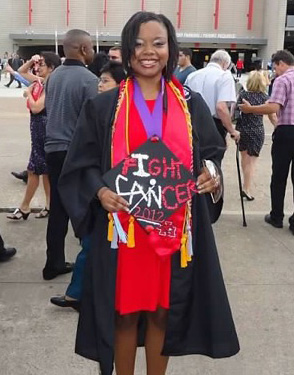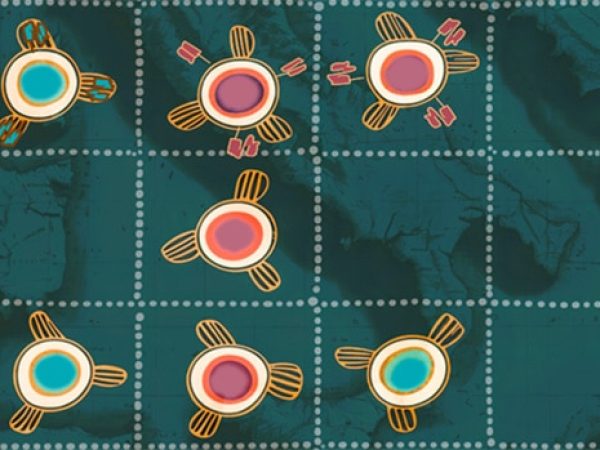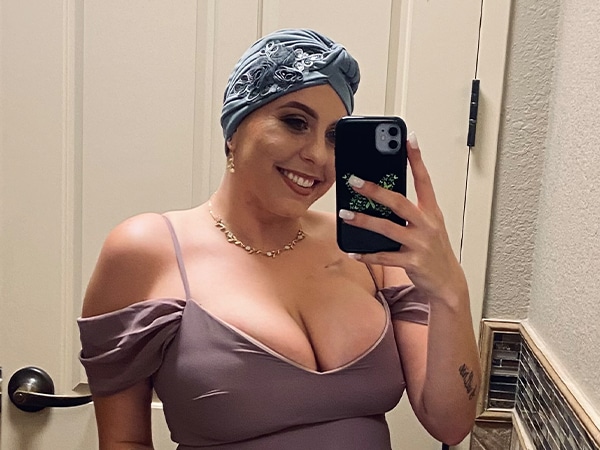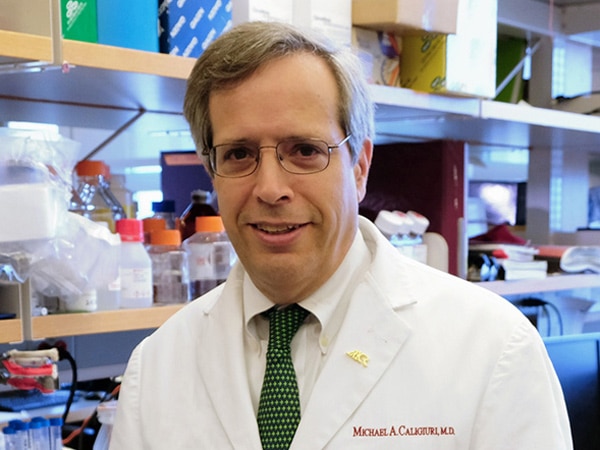Meisha Brown: Beating Back Burkitt Lymphoma
Diagnosed at 8 years of age, Meisha “knew what I had was pretty bad because all my visitors – were tearful.”
Jameisha “Meisha” Brown was diagnosed with Burkitt lymphoma, a rare form of non-Hodgkin lymphoma, in June 1998.
She was just 8 years old. Summer break from school – Meisha was a rising third grader – had just started when the little girl from Rosharon, Texas, a small town about an hour south of Houston, began to experience severe abdominal pain and nausea.
“I was really, really tired because I couldn’t keep down any food,” she recalls. “My mom noticed that something wasn’t right, this wasn’t regular old tummy virus the other kids in our neighborhood had.”

Meisha’s mother called their pediatrician and took her little girl for an appointment. The doctor examined the child, paying particular attention to her abdomen. After a hushed conversation with Meisha’s mom, the doctor sent the girl for an emergency CT scan. After looking over the results, the pediatrician sent Meisha to the University of Texas MD Anderson Cancer Center.
“I knew what I had was pretty bad because all my visitors who came to see me when I was first diagnosed were tearful,” she says. “No one could keep a dry eye.”
After three days of tests, Meisha underwent an emergency surgery to remove tumors from her abdomen. An inquisitive little girl, she was eager to learn what cancer meant, and what lymphoma was. Her nurses and doctors took the time, using teddy bears, puppets, and drawings to explain things to her.
“I learned a lot about the science of cancer at a very young age,” she explains.
After eight months of treatment that included multiple surgeries and several regimens of chemotherapy that resulted in her being unable to eat solid foods, Meisha’s scans came back clean.

“My doctors have been unable to find any evidence of cancer since February 1999,” she says.
She does, however, have to live with the side effects of her treatments, including GI problems, which mean she can’t digest certain foods and require her to follow strict dietary restrictions. Her long-term side effects include – neuropathy and osteoarthritis that requires her to wear a knee brace to this day.
“Now, I’m doing really well. I finished college and am pursuing a master’s in health studies with a focus on cancer health disparities,” Meisha says. “I was given another chance at life, and I hope that I can give back through my research to help make sure that equitable health care, prevention, and early detection programs are accessible to all.”
You can read Meisha’s full story in the AACR Cancer Progress Report 2014.




